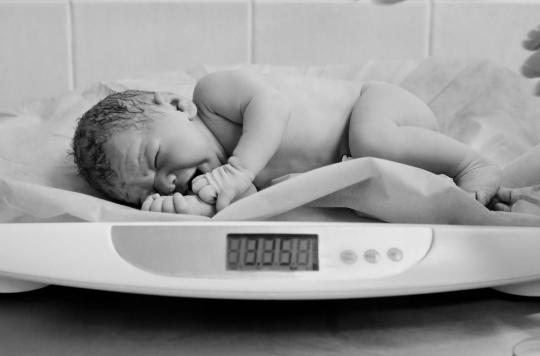An extra kilo at birth would protect against depression, obsessive-compulsive disorders, those of attention and hyperactivity and autism.

Birth weight would have consequences on the health of the child and on its development: a swedish research, published in the Journal of the American Medical Association (JAMA), shows that low weight increases the risk of psychiatric disorders.
A study carried out on twins
The researchers compiled data from more than one million twins born between 1973 and 1998 and followed them until 2013. The first findings indicated that an extra kilo at birth would protect against 9 disorders including depression , bipolarity and post-traumatic stress. A second analysis was carried out by looking at the characteristics shared by the twins: the environment in which they grew up, the genes, etc.
The refined results confirm that one kilo more (compared to the average weight of the participating babies – the researchers do not specify what this average weight is) reduces the risks of developing 4 psychiatric problems and illnesses: depression, obsessive-compulsive disorders, attention and hyperactivity disorder and autism. An extra kilo decreases the predispositions but also the specific risks of neurodevelopmental disorders. These decreases are small, in the case of depression, it is 5%, but for the researchers, even small, these rates remain significant.
Links between fetal weight and brain growth
The origin of these differences in risk is not yet clear, but for scientists, it could be related to the brain. Reduced fetal growth in the womb could disrupt brain development and increase the risk of psychiatric disorders. During pregnancy, the mother’s diet has a significant impact on the health of the child. For example, the consumption of products that are too fatty and too sweet can increase the risk of hyperactivity.

.
















